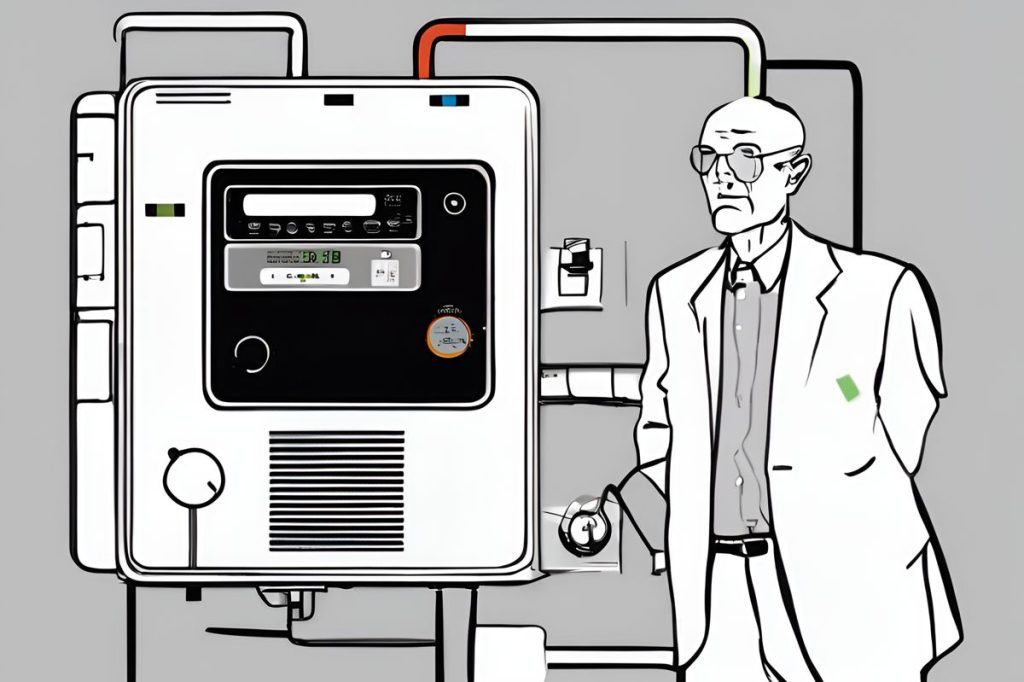Smart meters present health risks due to their radio frequency (RF) radiation emissions, including possible links to cancer and cognitive changes. Infrastructure challenges include the need for additional antennas, sparking discussions about public input in these decisions. Future actions should prioritize thorough health studies, low-impact infrastructure, and policies that prioritize consumer choice.
What are the health and infrastructure implications of smart meters?
Smart meters emit radio frequency (RF) radiation, raising health concerns such as potential links to cancer and cognitive behavior changes. Infrastructure challenges include the need for additional antennas for the network, raising questions about public consultation in these decisions. Public choice is crucial, and future actions should focus on comprehensive health research, minimal-impact infrastructure, and policies that allow consumer choice.
Examining the Health Concerns
As smart meters become increasingly prevalent, understanding the potential health implications is essential. These devices, which replace traditional analog meters, wirelessly transmit energy usage data to utility companies. However, the radio frequency (RF) radiation emitted during data transmission has raised health concerns among scientists and consumers alike.
Dr. David Carpenter, a public health physician, highlighted the absence of specific studies on smart meters but indicated a strong body of evidence showing adverse health effects from RF radiation akin to what these meters emit. This includes potential links to cancer and cognitive behavior changes. The scientific community continues to study these effects, aiming to better understand the risks associated with the RF radiation levels legally permitted.
Infrastructure Questions
Aside from health concerns, the implementation of smart meters introduces infrastructure challenges. Notably, the need for additional antennas to support the network of meters has not been thoroughly addressed. This expansion raises questions about who decides on the infrastructure changes and the extent to which the public is consulted in this process.
Typically, hundreds of thousands of smart meters will require a robust wireless network. The scale of this network and the consequent increase in antennas and other supporting structures concern citizens who feel they have little to no say in these developments. The decisions that shape such a significant shift in public utilities should ideally be transparent and subject to community input, fostering a more inclusive approach to technological upgrades.
Public Choice and Risk
The principle of public choice is fundamental when risks are associated with new technologies. Smart meters, with their ability to transmit detailed energy usage data, present a trade-off between utility management benefits and individual concerns. While utility companies may champion the efficiency and network management gains, the inherent risks, especially those related to health, demand that consumers have a choice in whether to adopt these devices.
The idea that one must be able to choose whether to participate in such a system is pivotal. As with any technology that poses potential risks, the option for consumers to opt out is a necessary consideration for utilities moving forward. This empowers individuals to make decisions that align with their comfort level regarding the technology’s health and privacy implications.
Future Dialogue and Actions
In light of these issues, fostering an open dialogue between utility companies, policymakers, and the public is critical. By engaging in transparent discussions, all parties can work towards a consensus on the best path forward for smart meter implementation while respecting individual concerns and preferences.
Future actions should include more comprehensive research into the health effects of RF radiation from smart meters, the development of infrastructure with minimal impact, and the establishment of clear policies that offer consumers choices. A collaborative approach will ensure the benefits of smart meters are balanced with the rightful concerns of those they serve.
Are smart meters safe from a health perspective?
Smart meters emit radio frequency (RF) radiation, which has raised concerns about potential links to cancer and cognitive behavior changes. While more research is needed to fully understand the health implications, it is essential to prioritize thorough health studies when considering the widespread implementation of smart meters.
What infrastructure challenges do smart meters pose?
The implementation of smart meters requires additional antennas to support the network, which can raise questions about public input in decision-making processes. It is crucial to address these infrastructure challenges transparently and involve the community in discussions surrounding the expansion of smart meter networks.
How important is public choice when it comes to smart meter technology?
Public choice is essential when considering the risks associated with new technologies like smart meters. Consumers should have the option to opt-out of using smart meters if they have concerns about health risks or privacy implications. Policies should prioritize consumer choice to ensure individuals can make informed decisions about adopting this technology.
What steps can be taken to address the health and infrastructure implications of smart meters?
To address the health and infrastructure implications of smart meters, it is crucial to conduct comprehensive research on the health effects of RF radiation emitted by these devices. Additionally, efforts should be made to develop infrastructure with minimal impact and establish clear policies that prioritize consumer choice. Collaborative dialogue between stakeholders is key to balancing the benefits of smart meters with the concerns of individuals.

